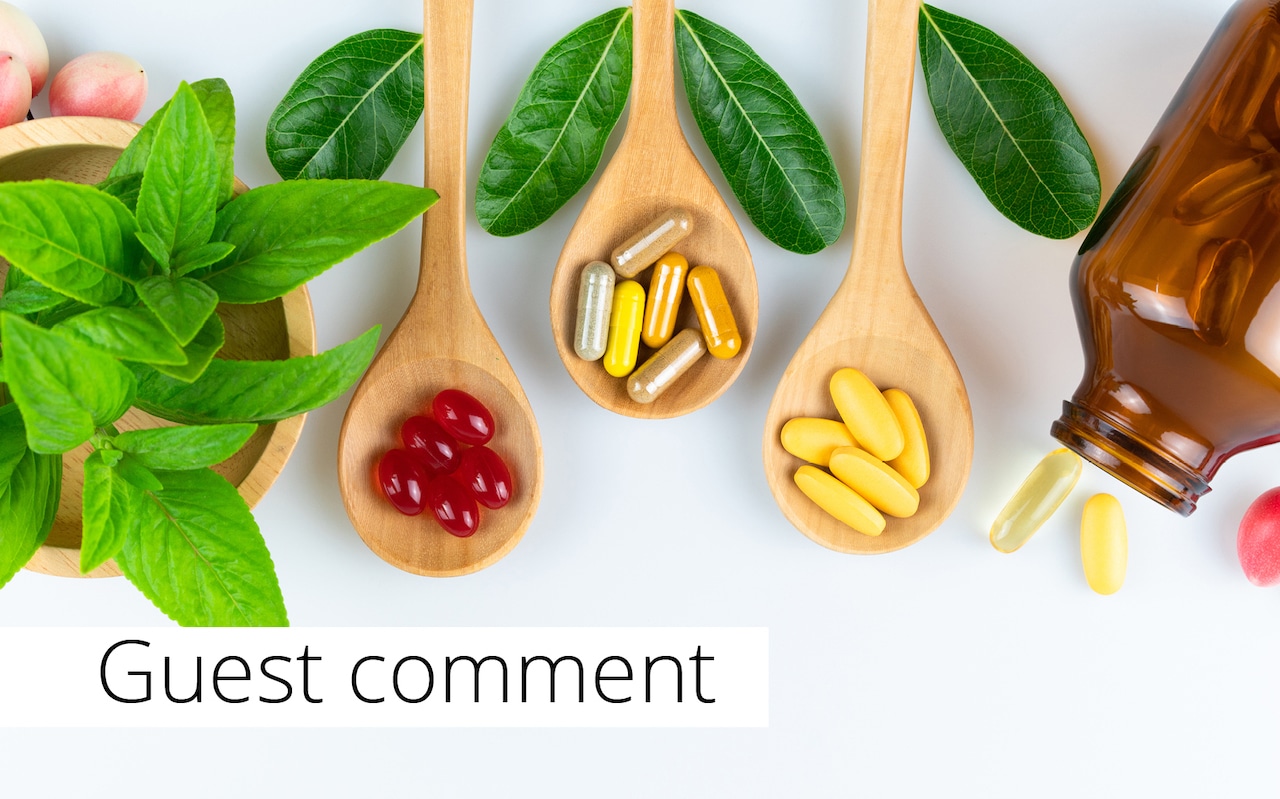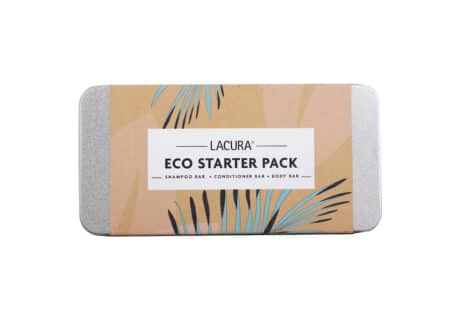NPN hears from the HMFA’s expert advisor and clinical nutritionist Suzie Sawyer on her top ten ways to stay in rude health during lockdown.
With current UK guidelines stating that ‘high risk’ individuals must stay isolated for 12 weeks, and advising the rest of the population to only go outdoors for one form of exercise a day, it’s important that people learn how to stay healthy during this challenging time. This includes eating healthy immune-supportive vitamins and minerals, finding the best home workouts and staying mentally healthy through Facetime apps and social networks.
We all know that a healthy and balanced diet can help to maintain a healthy immune system and keep illnesses at bay and with the current measures in place, a healthy routine is more pressing than ever during self-isolation. With certain foods in short supply, people may not be able to get access to the food they normally eat.
Increase your vitamin D
 Known as the ‘sunshine vitamin’, vitamin D is very important for maintaining a strong immune system as well as being essential for bones and teeth. Usually, we get this vitamin when our skin is exposed to sunlight, but due lack of UV rays in the UK, a lot of people are deficient in this vitamin, particularly during the winter months.
Known as the ‘sunshine vitamin’, vitamin D is very important for maintaining a strong immune system as well as being essential for bones and teeth. Usually, we get this vitamin when our skin is exposed to sunlight, but due lack of UV rays in the UK, a lot of people are deficient in this vitamin, particularly during the winter months.
Luckily, those without a garden or who are unable to go outside are still able to meet their vitamin D needs by taking a supplement. Public Health England now recommends that everyone who is spending time indoors should supplement with 10mcg of vitamin D daily.
This vitamin is also present in foods such as eggs, red meat, fatty fish like tuna and salmon, UV treated mushrooms and fortified foods such as fat spreads and breakfast cereals.
Boost your vitamin C
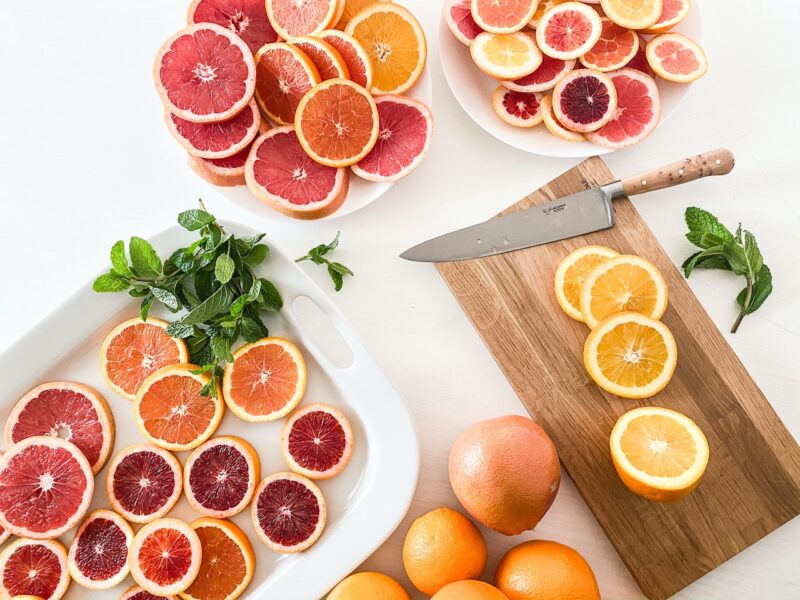 Vitamin C is one of the most popular vitamins, known for supporting the immune cells and helping the body to fight infections.
Vitamin C is one of the most popular vitamins, known for supporting the immune cells and helping the body to fight infections.
A lot of people turn to this vitamin when they have a common cold as it increases the production of white blood cells which are vital for warding off infections.
The human body does not create vitamin C so it’s important to get your daily dose from fruits and vegetables.
Vitamin C can be found in citrus fruits such as lemons, limes, oranges and grapefruits. Other fruits high in vitamin C are cantaloupe melons, papaya and kiwi fruits. It can also be found in bell peppers, broccoli and cauliflower.
Up your iron intake
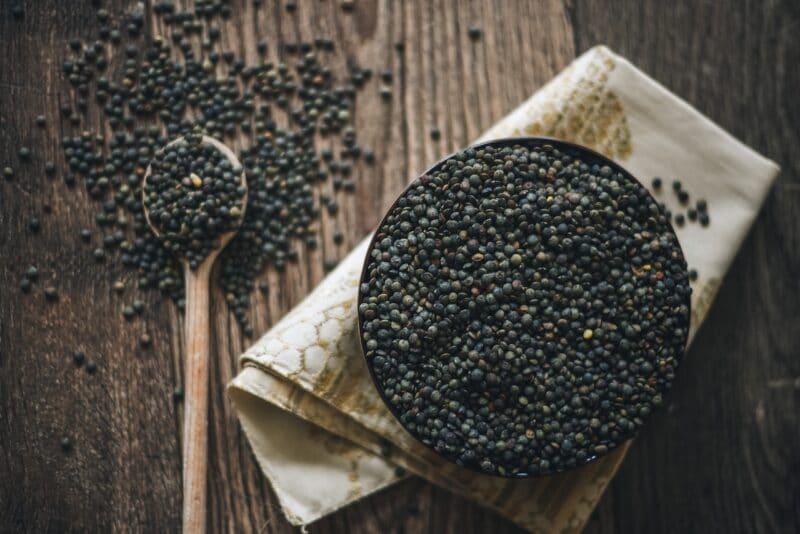 The main role that iron plays in our body is making red blood cells which transport oxygen around the body. An iron deficiency can lead to anaemia, which can cause shortness of breath and a lack of energy, which shows its importance.
The main role that iron plays in our body is making red blood cells which transport oxygen around the body. An iron deficiency can lead to anaemia, which can cause shortness of breath and a lack of energy, which shows its importance.
It’s useful to know which other foods contain iron and will help to reduce fatigue and tiredness. Iron can be found in a variety of foods including pulses, such as red kidney beans, chickpeas and lentils, but the richest source is red meat. It can also be found in nuts and seeds such as cashews, pine nuts and sunflower seeds as well as cereals and bread such as quinoa, bran and wholemeal bread.
Create a workout routine
 With gyms and workout studios closed, it generally means that people are having to make some impactful exercise changes. Instead of falling into the trap of inactivity, create a workout routine to keep yourself busy and in shape.
With gyms and workout studios closed, it generally means that people are having to make some impactful exercise changes. Instead of falling into the trap of inactivity, create a workout routine to keep yourself busy and in shape.
Exercising regularly is important as it decreases the risk of developing major illnesses such as type 2 diabetes, high blood pressure and heart disease. It’s also great for your mental health, as it reduces stress and increases the production of endorphins which will help you to feel more positive.
YouTube is a great platform for home workout videos and with enough research, you can create a personalized routine that suits you. This means that you do not have to own any workout equipment in order to exercise. There are also a lot of workout apps are offering extended free trials for those stuck inside.
Practice self-care
 Being cooped up inside and following the news can increase stress. To alleviate anxiety, make sure to take some time to yourself by adopting a self-care routine.
Being cooped up inside and following the news can increase stress. To alleviate anxiety, make sure to take some time to yourself by adopting a self-care routine.
Having a self-care routine can be useful for clearing your mind and calming any worry that you might have, giving you the opportunity to work on your mental health. You can do this by keeping a journal, reading, following relaxation techniques and turning off the news every once in a while.
Drink herbal tea
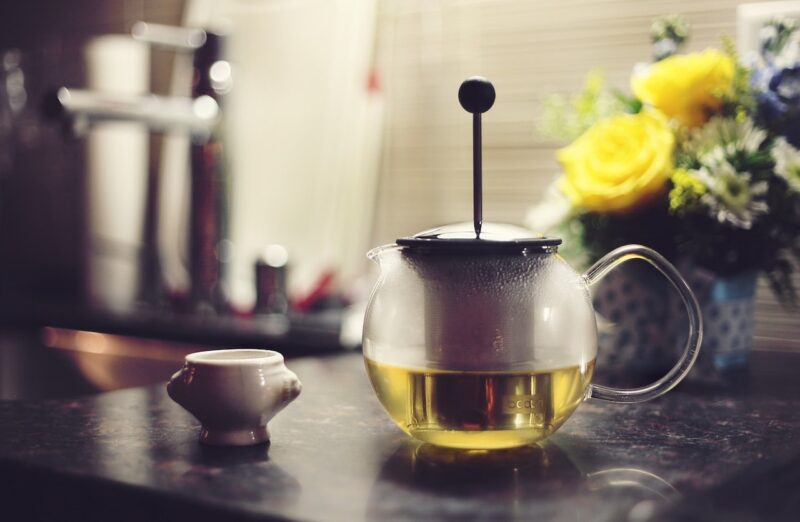 Rich in antioxidants, green tea is set apart from other teas. Containing a high concentration of polyphenols, effective antioxidants, green tea can help to support immune function.
Rich in antioxidants, green tea is set apart from other teas. Containing a high concentration of polyphenols, effective antioxidants, green tea can help to support immune function.
For sore throats and nausea, use ginger to help manage your symptoms. Ginger is an impressive spice that is related to turmeric and cardamom. The root contains gingerol which has a number of beneficial properties. Fresh ginger in hot water can easily be made at home and practitioners have long recommended ginger for helping to manage pain and nausea. It can be wonderfully soothing and warming when consumed regularly.
Take care of your digestive system
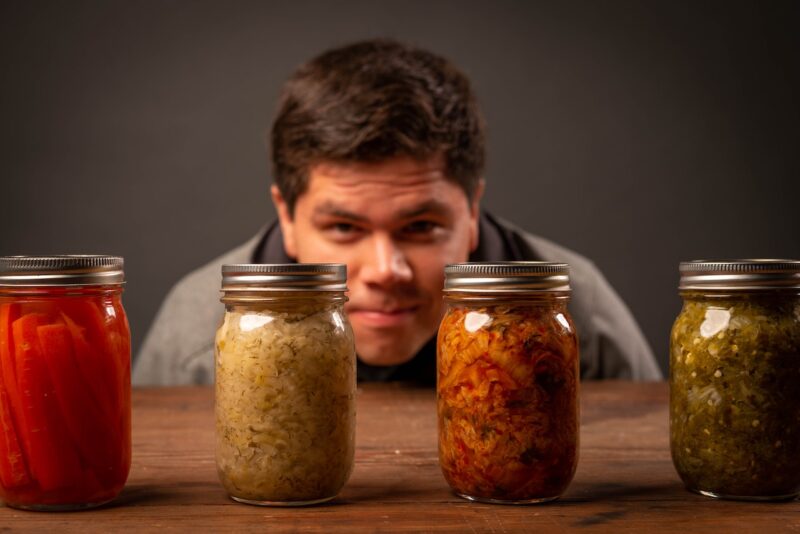 Bacterial cultures (probiotics) can help to benefit your digestive system. Some friendly bacteria are naturally found in yoghurts and help to restore the bacteria residing in the gut.
Bacterial cultures (probiotics) can help to benefit your digestive system. Some friendly bacteria are naturally found in yoghurts and help to restore the bacteria residing in the gut.
Different bacterial strains can offer different health benefits, but the most commons groups of bacteria to look for are Lactobacillus and Bifidobacterium.
Probiotics are available in yoghurts but can also be found in fermented foods such as sauerkraut, tempeh and kimchi. Fermented foods are also rich in vitamin C, iron and zinc which are all beneficial to the immune system.
You can also get probiotics in supplements which usually combine different strains in the same product.
Eat zinc-rich
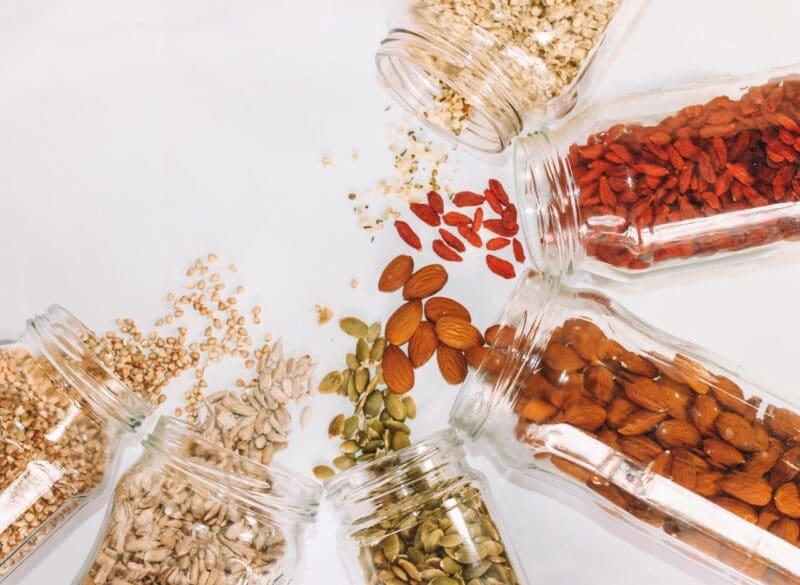 Zinc is a nutrient that is essential for a healthy immune system and cognitive function. It helps with making new cells and enzymes as well as processing fats and protein in food. A zinc deficiency is common among older adults and can increase the risk of infection and disease.
Zinc is a nutrient that is essential for a healthy immune system and cognitive function. It helps with making new cells and enzymes as well as processing fats and protein in food. A zinc deficiency is common among older adults and can increase the risk of infection and disease.
To stay healthy, it’s important to include zinc in your diet. Zinc is commonly found in red meat but this may be limited in some supermarkets due to the current circumstances. Fortunately, zinc can also be found in dairy foods, nuts and seeds, wholegrains and shellfish.
Stay Connected
 Being able to stay in contact with friends and family is important for emotional support. These circumstances can be hard for most people so taking the time to talk to loves ones can help to reduce stress and anxiety.
Being able to stay in contact with friends and family is important for emotional support. These circumstances can be hard for most people so taking the time to talk to loves ones can help to reduce stress and anxiety.
While you’re not able to go outside and socialize in groups, staying connected via social media and social apps is a great way to stay in touch. Reaching out to friends and family through technology has been made easy through text, call and video chat. This gives people the opportunity to watch movies together, play interactive games and catch up without being in the same town.
Get a good night’s sleep
 Due to the sudden change in your lifestyle, you might find that your sleeping pattern has been affected. It’s important to get ample sleep in order to function properly throughout the day. Sleeping is vital for good health as it allows your body to rest your mind and recuperate your physical health. Not having enough sleep can lead to persistent insomnia, mood swings and depression as well as increase your risk of developing serious health issues.
Due to the sudden change in your lifestyle, you might find that your sleeping pattern has been affected. It’s important to get ample sleep in order to function properly throughout the day. Sleeping is vital for good health as it allows your body to rest your mind and recuperate your physical health. Not having enough sleep can lead to persistent insomnia, mood swings and depression as well as increase your risk of developing serious health issues.
If you’re having trouble sleeping, taking magnesium supplements may help as this mineral helps your body to produce melatonin, the sleep hormone. Magnesium allows your muscles to relax and takes away tension in your body, which can help you to get a good night’s sleep. You can also find magnesium in lots of foods such as nuts leafy green vegetables, brown rice, fish, meat and dairy foods.



